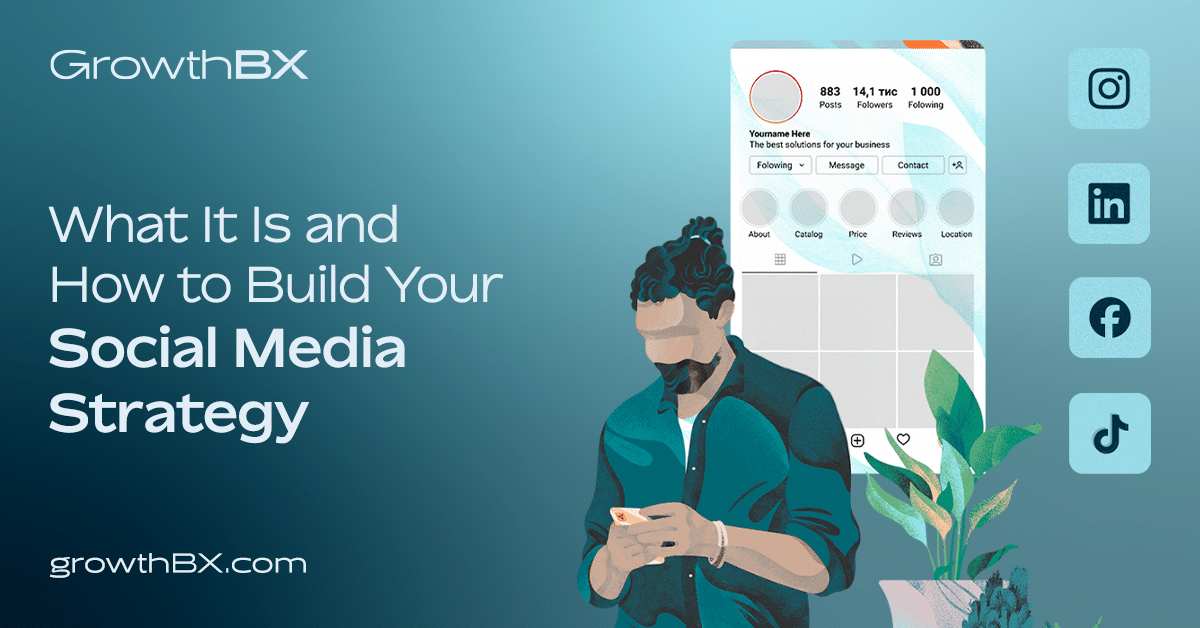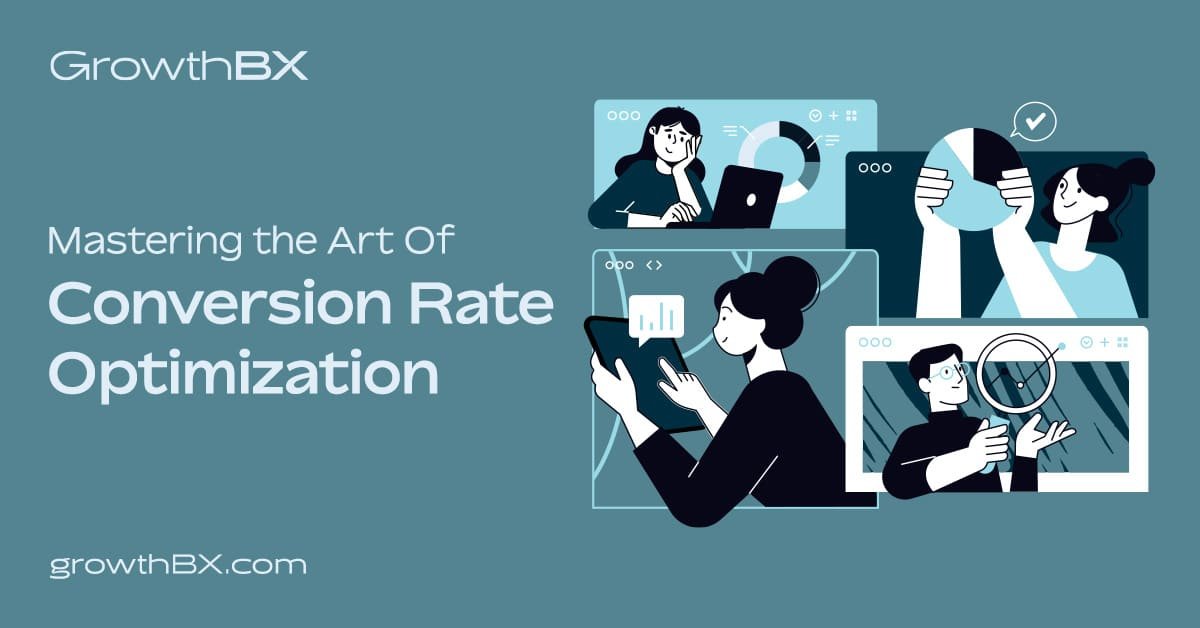E-commerce businesses face a unique set of challenges when it comes to marketing. They must compete with thousands of other online retailers, stand out in a crowded marketplace, and convince customers to make a purchase without the benefit of an in-person interaction. To overcome these challenges and grow their business, e-commerce retailers need to leverage growth marketing strategies that are tailored to their industry.
Here are some effective growth marketing strategies for e-commerce businesses:
Search Engine Optimization (SEO)
Search engine optimization (SEO) is the process of optimizing a website to rank higher in search engine results pages (SERPs). SEO is essential for e-commerce businesses, as it can help drive traffic to their website and increase their visibility in search results. According to a study by Smart Insights, the first organic search result on Google has an average click-through rate of 31.7%, while the second and third results have a CTR of 24.7% and 18.6%, respectively.
Pay-Per-Click (PPC) Advertising
Pay-per-click (PPC) advertising is a form of digital advertising where advertisers pay each time a user clicks on one of their ads. PPC advertising can be an effective way for e-commerce businesses to drive targeted traffic to their website and increase their visibility in search results. According to a study by WordStream, the average click-through rate for Google Ads across all industries is 3.17%.
Content Marketing
Content marketing is the process of creating and distributing valuable, relevant, and consistent content to attract and retain a clearly defined audience. Content marketing can help e-commerce businesses establish themselves as thought leaders in their industry, build brand awareness, and drive traffic to their website. According to a study by DemandMetric, content marketing generates three times more leads than traditional outbound marketing, while costing 62% less.
Email Marketing
Email marketing is the process of sending targeted, personalized messages to a list of subscribers. Email marketing can be an effective way for e-commerce businesses to nurture leads, build relationships with customers, and drive sales. According to a study by DMA, email marketing has an average ROI of $42 for every $1 spent.
Social Media Marketing
Social media marketing is the process of using social media platforms to promote a product or service. Social media marketing can be an effective way for e-commerce businesses to build brand awareness, engage with customers, and drive traffic to their website. According to a study by Pew Research Center, 72% of American adults use at least one social media platform.
In conclusion, e-commerce businesses need to leverage growth marketing strategies that are tailored to their industry in order to stand out in a crowded marketplace, drive traffic to their website, and increase sales. By implementing effective growth marketing strategies such as SEO, PPC advertising, content marketing, email marketing, and social media marketing, e-commerce businesses can grow their customer base, increase revenue, and achieve long-term success.
By leveraging growth marketing strategies that are tailored to their industry, e-commerce businesses can capture a share of the growing online marketplace, increase their visibility in search results, and drive targeted traffic to their website. With the right strategies in place, e-commerce businesses can achieve long-term success, establish themselves as industry leaders, and drive growth for years to come.








